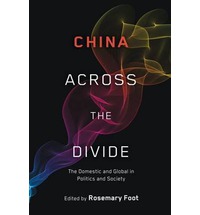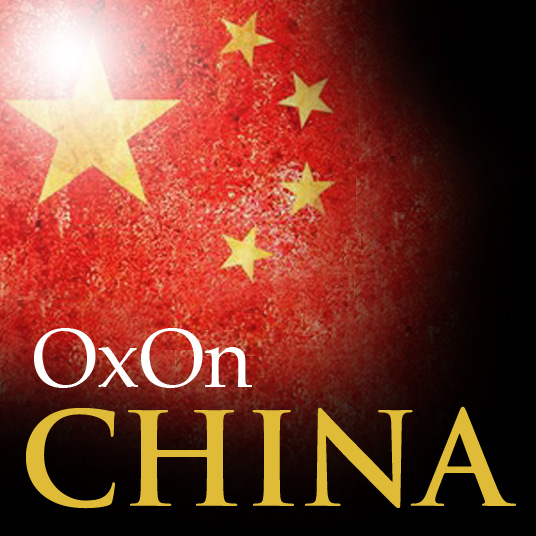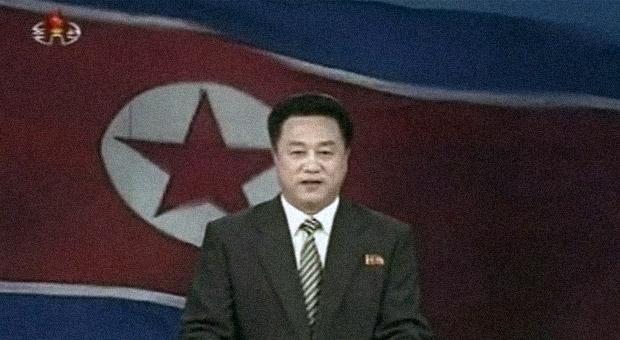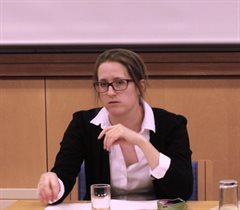
Q&A: China Across the Divide: the domestic and global in politics and society
I recently interviewed Professor Rosemary Foot about her new book, China Across the Divide: the domestic and global in politics and society (New York: Oxford University Press, 2013), as part of Politics and Spires’s OxOn China series.
NH: What is the book about?
RF: The book’s main argument is that, as students of international relations, we need to do more to collapse the divide between the domestic and global spheres of analysis. I make this argument with special reference to China, but I think it can be applied to other countries. I have chosen three main approaches to illustrate this phenomenon of the interconnectedness between the global and domestic levels of analysis. The first section of the book looks at ideas emerging from within China itself, at both mass and elite levels, about the country’s place in the world and how it should conduct its external relations. The argument is not that these ideas determine policy decisions, but help to shape, or set the broad contours of, the decisions that are arrived at. The second section looks at involvement in inter-societal enmeshments between China and other countries, and both the intended and unintended consequences of these linkages. This part of the book looks at the ways in which these non-state relations are transforming not only China itself but also the world of which it is a part. The third section focuses on three major global issues that are salient or intrusive at the domestic level and which require either some alterations in domestic ways of life or generate resistance at the domestic level to that intrusiveness.
NH: What inspired you to write/edit it?

Debating China’s North Korea policy
Following North Korea’s third nuclear weapons test in February this year, much attention has been paid to debates within China over its troublesome neighbour, with some suggesting severing ties to the North altogether. Do these discussions reflect a fundamental shift underway in China’s North Korea policy? Not necessarily.

North Korea’s third nuclear test – what’s different this time round?
Yesterday, at around 3:00 GMT, North Korea conducted a third nuclear test. According to the official KCNA news agency, “the test was conducted safely and perfectly at a high level…with a higher-yield, smaller, lighter atomic device” (the full televised report [in Korean] is available here). The Comprehensive Test Ban Treaty Organisation (CTBTO), located in Vienna, soon confirmed that something was amiss on the seismic front, with the detection of ‘an explosion-like event’ on the Korean Peninsula, near to the site of North Korea’s nuclear weapons tests in 2006 and 2009. The timing of the 2013 test is not unexpected and the US and China were notified in advance. Some will read into the fact that the timing clashes with Obama’s State of the Union address. Others will point to the anniversary of former leader Kim Jong IL’s birthday on 16 February,. The timing of such things is not a precise science, however, and a number of factors, political and non-political (such as the weather), need to be considered. In any event, for us nuclear wonks, timing is less important. What matters more is reflected in the current scramble among experts to verify and identify the technical details: the exact yield and type of device, as well as the political and security implications of the test, regionally and globally.










